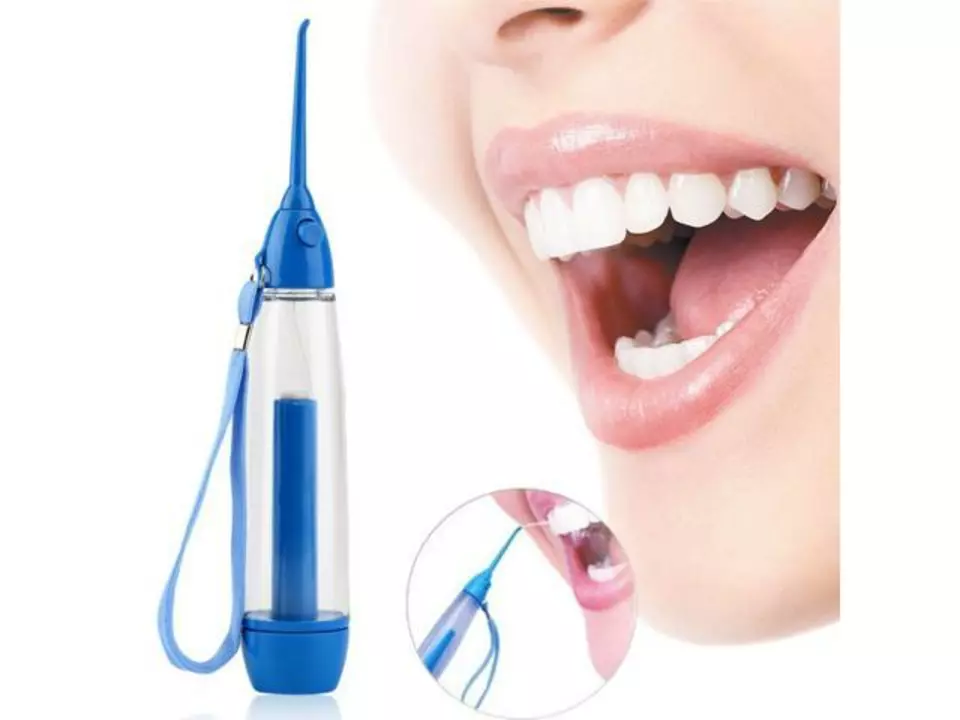Oral care: daily habits that actually protect your teeth
Want fewer cavities and less gum pain without spending a lot of time or money? Small changes in how you care for your mouth make a big difference. Below are clear, practical steps you can use every day.
Daily routine that works
Brush twice a day for two minutes each time. Use a soft-bristled brush and a pea-sized amount of fluoride toothpaste. Hold the brush at a 45° angle to the gum line and use short back-and-forth strokes. Don’t scrub hard—gentle pressure removes plaque without wearing enamel or gums.
Floss once a day. Slide the floss gently up and down along each tooth and under the gum line. If traditional floss is awkward, try floss picks or interdental brushes—many people find those easier and stick with them.
Clean your tongue. A lot of bad breath comes from bacteria on the tongue. Use a tongue scraper or the back of your toothbrush to remove buildup every morning.
Rinse smart. If you use a mouthwash, pick one with fluoride and avoid alcohol-based rinses if your mouth is dry. Alcohol-free rinses are gentler and help keep saliva levels normal.
Practical fixes and habits that help
Cut down on sugary drinks and snacks. Sugar feeds the bacteria that cause cavities. If you drink soda or juice, try to have it with meals and rinse with water afterward. Chewing sugar-free gum with xylitol for 10–20 minutes after meals boosts saliva and lowers cavity risk.
Drink water often. Saliva protects teeth by neutralizing acids and washing away food bits. Sip water throughout the day and especially after meals if you can’t brush right away.
Replace your toothbrush every 3 months or sooner if the bristles fray. A worn brush cleans less effectively. Also swap your toothbrush after a cold to avoid reintroducing bacteria.
Watch medications and mouth dryness. Many common meds (some antidepressants, antihistamines, blood pressure drugs) can cause dry mouth. If you’re dry, talk to your doctor about alternatives, and try saliva substitutes, sugar-free lozenges, or more water. Dry mouth raises your risk of cavities and infections.
See a dentist regularly. Most people benefit from a checkup and cleaning every six months. If you have gum disease, diabetes, or frequent cavities, you may need visits more often. Don’t wait until pain appears—early fixes are simpler and cheaper.
Quick checklist to follow today: brush twice, floss once, clean your tongue, drink water, and cut back on sugary snacks. These steps protect your smile and prevent most common problems without drama.
Need product ideas or help building a routine that fits your schedule? Ask your dentist for practical tips—they can point you to tools that make oral care easy and effective.

Dyskinesias and Dental Health: The Overlooked Link You Need To Know
